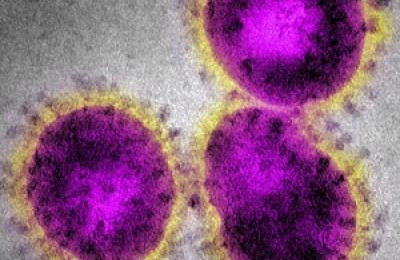Risk factors for chronic kidney disease of non-traditional causes: a systematic review
Objectives.
To evaluate the potential associations between chronic kidney disease of uncertain or nontraditional etiology (CKDnT) and agrochemicals, heat stress, heavy metals, and other factors identified in the literature in any region of the world and at any time.














